It is always a pleasure to see your own paper in print. If all is properly organised at the publisher, the first time you see you paper as it will look in its final version when you receive the proof copy. It is the authors’ task to proofread this final copy and pick up any mistakes you may have made or the journal has made putting your word file into the journal’s layout. More and more journals now ask you to do the proofreading and editing online. The first message here is that proofreading is exact business and most certainly time consuming. Moreover, feeding back mistakes you may find in the proofs is not without its trials and tribulations.
Yesterday we received the proofs for a paper accepted by BMC Health Research Policy & Systems [1]. The BMC is part of the publisher Springer , and it uses an online proof system eProofing to which the authors get temporary access, to read and correct text. This system looks good online, but beware the online version you get to edit does not look the same as the version that will appear in print. The draft print version generated by eProofing has line numbers which don’t appear online when you are editing the proofs. So we had to write on the online system separately that we found a set of quotes glued together, as the system does not allow authors to change the lay-out (for obvious reasons). In this case, we had to write details like: “There needs to be a space after first quote line 421.” What might look okay in the eProofing version didn’t do so in the print version, where it was it is wrong. This is illustrated in the example picture below.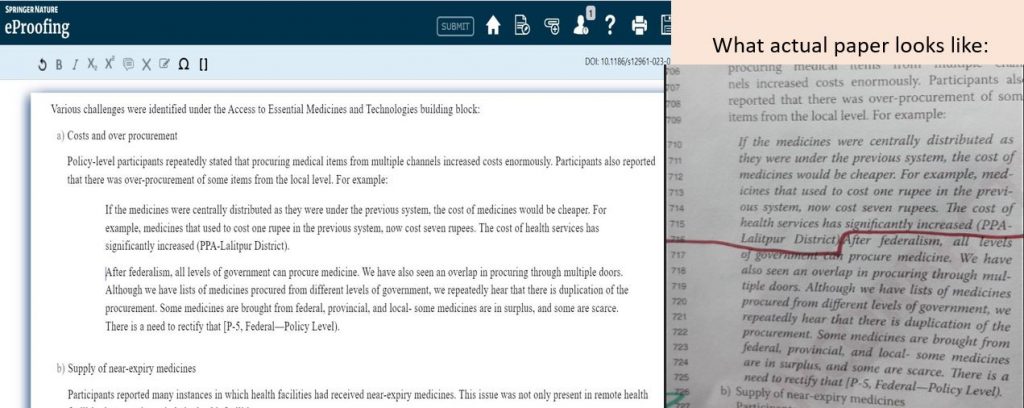
Last month we battled with the proofs of another BU paper forthcoming in the journal Women and Birth [2], which is part of Elsevier. Again, it has an online system for proofs. This system does not allow the authors to correct mistakes in in the line spacing. So we ended up writing to journal manager, not the editor, things like: “There is a very big gap between the end of section 3.7. and Overview of findings section – please could the text be rearranged to get rid of this big gap.” We also asked for a summary section to be kept on one page, not having an orphan two words on the next page, but that appeared to be too difficult a request. We think we a little flexibility, i.e. a human intervention the lay-out could have been improved. See illustration below with text as it appears in the current online-first version.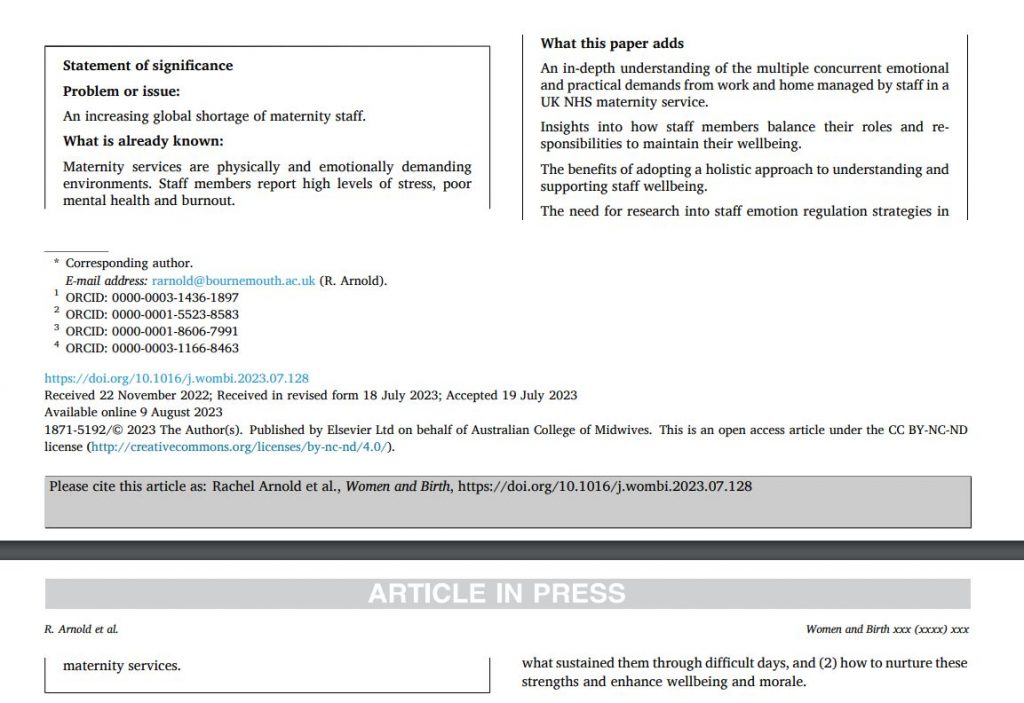
We like to stress our advice to set plenty of time aside to read and edit the proofs, and to send details instructions to the journal manager or editor about what needs changing. Changes include typos, grammar and style, but also lay-out of text and illustrations, boxes in the text, tables and figures. “It is also important to check tables and figures during the proof-reading as the formatting can often go astray during the typesetting process” as we highlighted by Sheppard and colleagues [3]. Also double check correct spelling of names of co-authors and the final author order in the proofs. Many years ago, I received the proof of pages of a midwifery article [4].
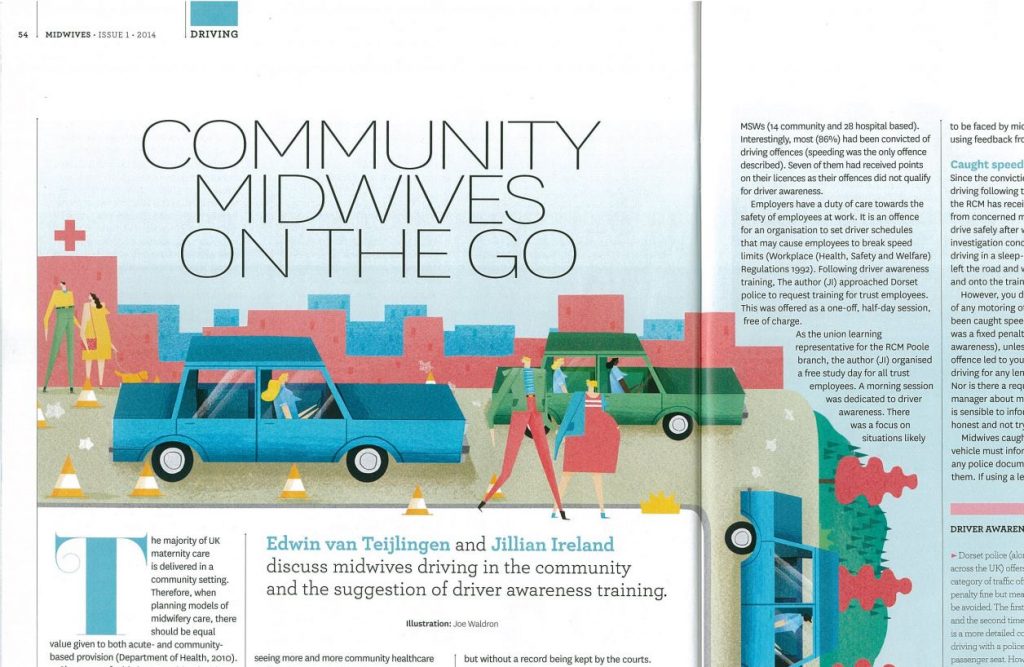 I dutifully read and edited the proof of the actual text, but I never check the short introduction with the authors’ names which an editor had added to the final proofs. When the paper came out in print to transpired that this editor has changed the author order, i.e. my name was first, probably because I had submitted the paper on behalf of my co-author. This cause some problems with my co-author, made all the worse since I am married to her.
I dutifully read and edited the proof of the actual text, but I never check the short introduction with the authors’ names which an editor had added to the final proofs. When the paper came out in print to transpired that this editor has changed the author order, i.e. my name was first, probably because I had submitted the paper on behalf of my co-author. This cause some problems with my co-author, made all the worse since I am married to her.
Prof. Edwin van Teijlingen
Centre for Midwifery & Women’s Health

References:
- Wasti, S.P., van Teijlingen, E., Rushton, S., Subedi, M., Simkhada, P., Balen, J., Nepal Federalisation of Health Team (2023) Overcoming the challenges facing Nepal’s health system during federalisation: an analysis of health system building blocks. Journal of the Health Research Policy & Systems. (forthcoming).
- Arnold, R., Way, S., Mahato, P., van Teijlingen, E. (2023) “I might have cried in the changing room, but I still went to work”. Maternity staff managing roles, responsibilities, and emotions of work and home during COVID-19: an Appreciative Inquiry, Women & Birth (online first)
- Sheppard, Z., Hundley, V., Dahal, N.P., Paudyal, P. (2022) Writing a quantitative paper, In: Wasti, S.P., van Teijlingen, E., Simkhada, P., Hundley, V. with Shreesh, K. (eds.) Writing and Publishing Academic Work, Kathmandu, Nepal: Himal Books, pp.78-87.
- van Teijlingen E., Ireland, J.C. (2014) Community midwives on the go. Midwives 1: 54-55.
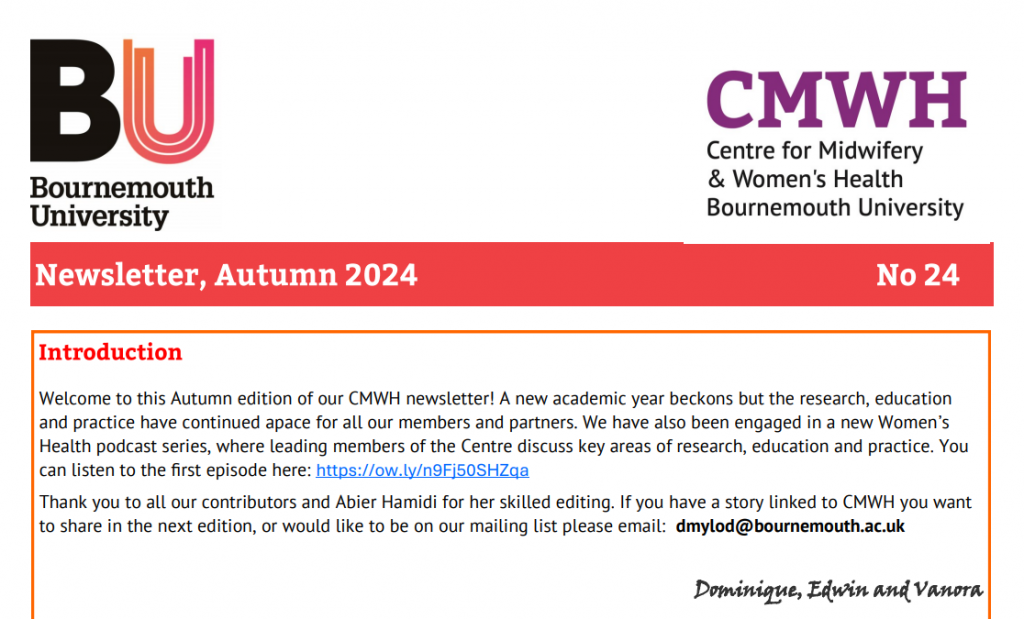 This edition includes news items and stories related the successes of CMWH staff and students. For example, about Drs. Dominique Mylod and Daisy Wiggins who both secured innovative NIHR funding for undergraduate student internships. Or about the recently awarded National Institute for Health and Care Research (NIHR) funding for ‘INSIGHT: Inspiring Students into Research’. This innovative three-year programme started this summer as part of the NIHR Academy’s portfolio of career support for health and social care professionals. The programme supports the NIHR aim to develop a highly skilled research workforce capable of advancing the best research which improves health and care, and benefits society and the economy.
This edition includes news items and stories related the successes of CMWH staff and students. For example, about Drs. Dominique Mylod and Daisy Wiggins who both secured innovative NIHR funding for undergraduate student internships. Or about the recently awarded National Institute for Health and Care Research (NIHR) funding for ‘INSIGHT: Inspiring Students into Research’. This innovative three-year programme started this summer as part of the NIHR Academy’s portfolio of career support for health and social care professionals. The programme supports the NIHR aim to develop a highly skilled research workforce capable of advancing the best research which improves health and care, and benefits society and the economy.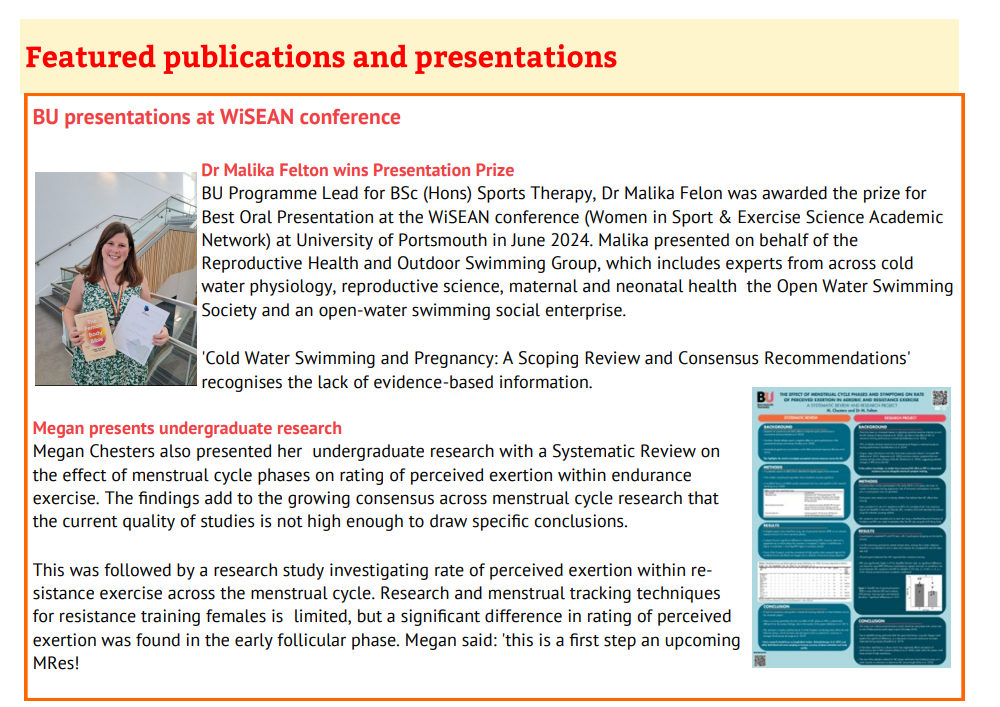
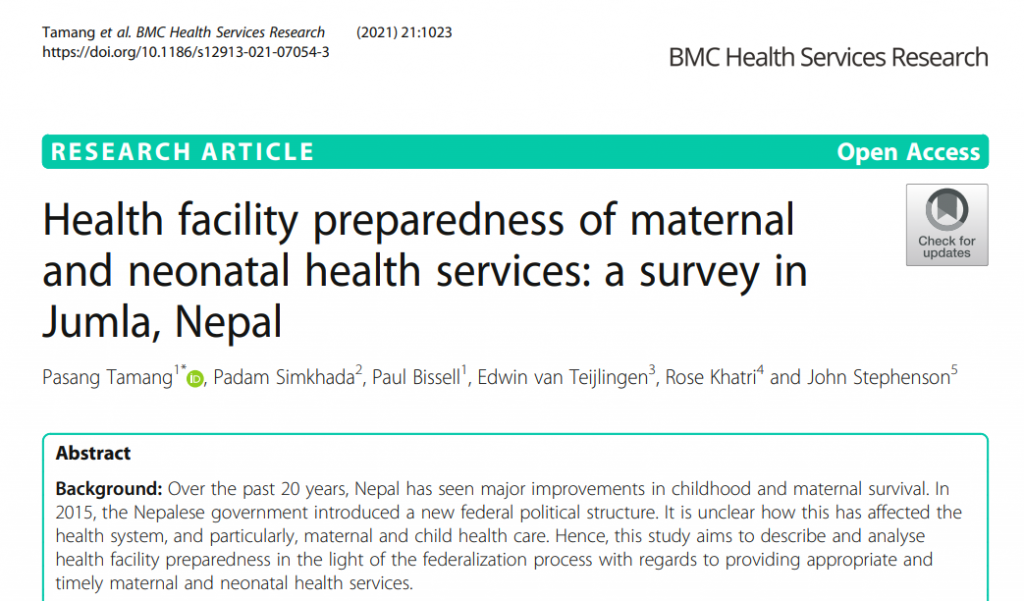


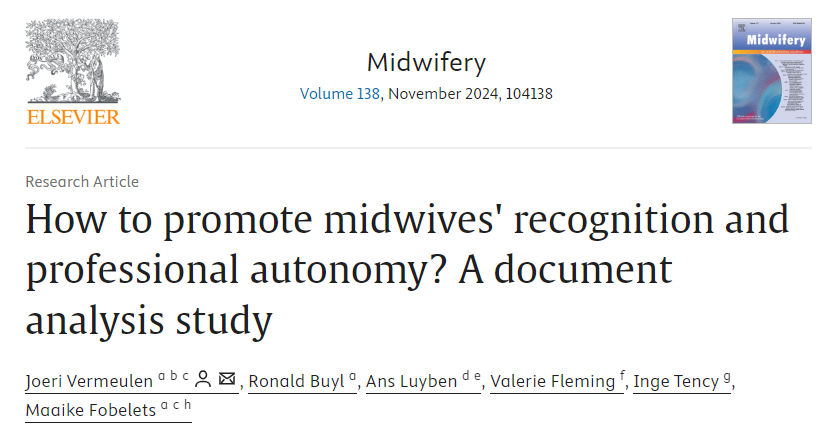




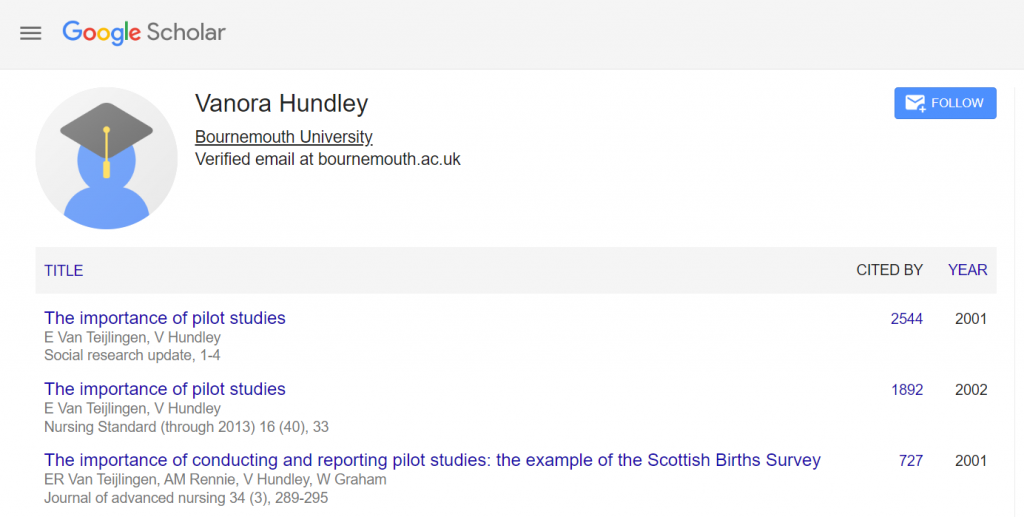
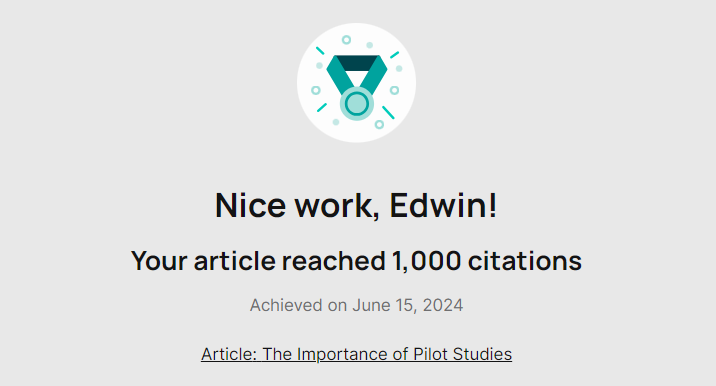

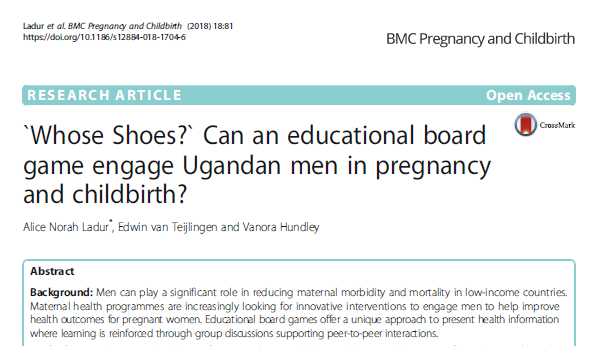


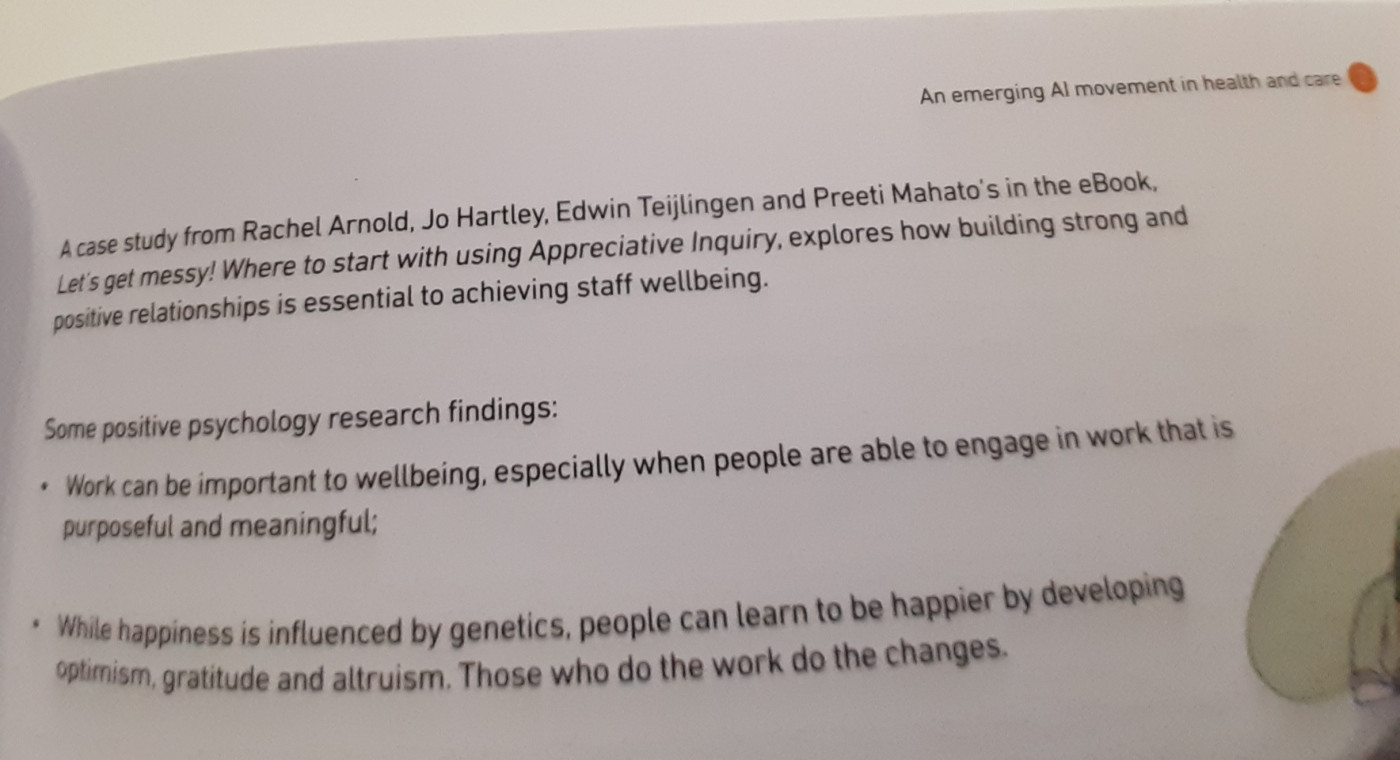
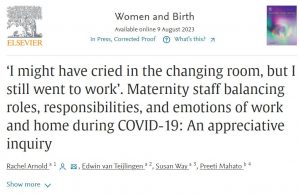

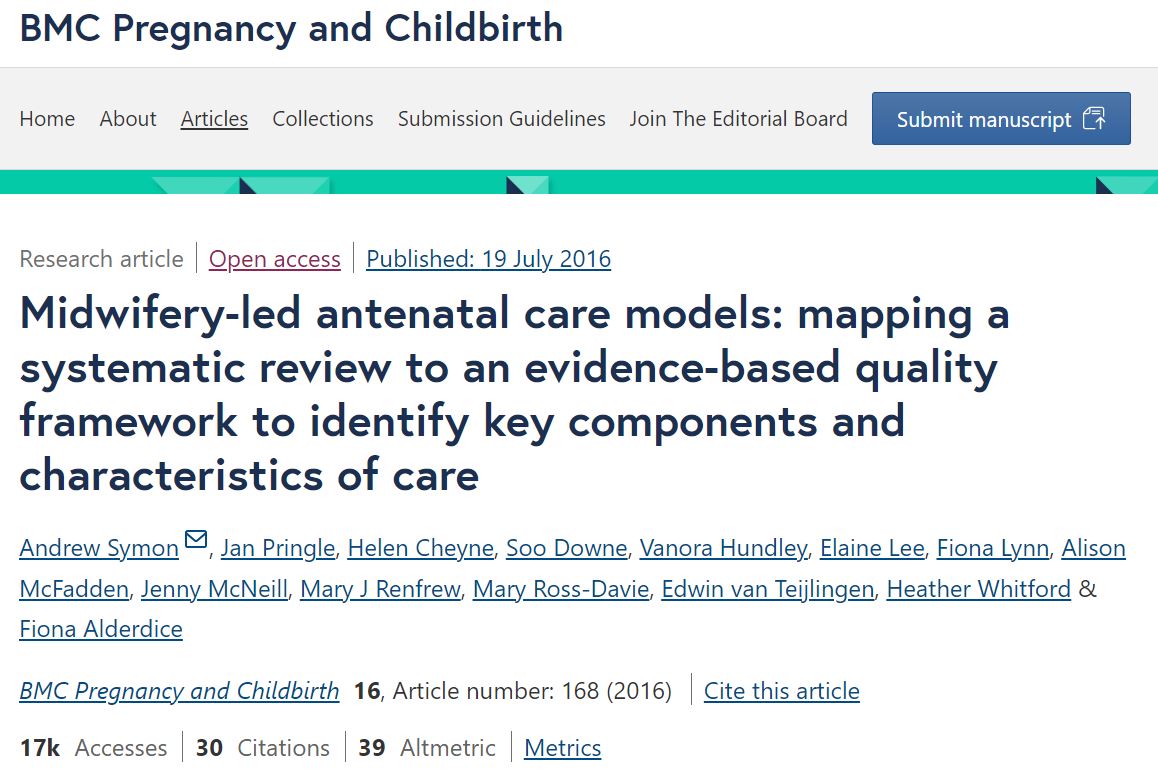
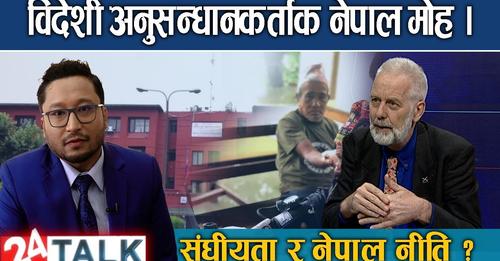
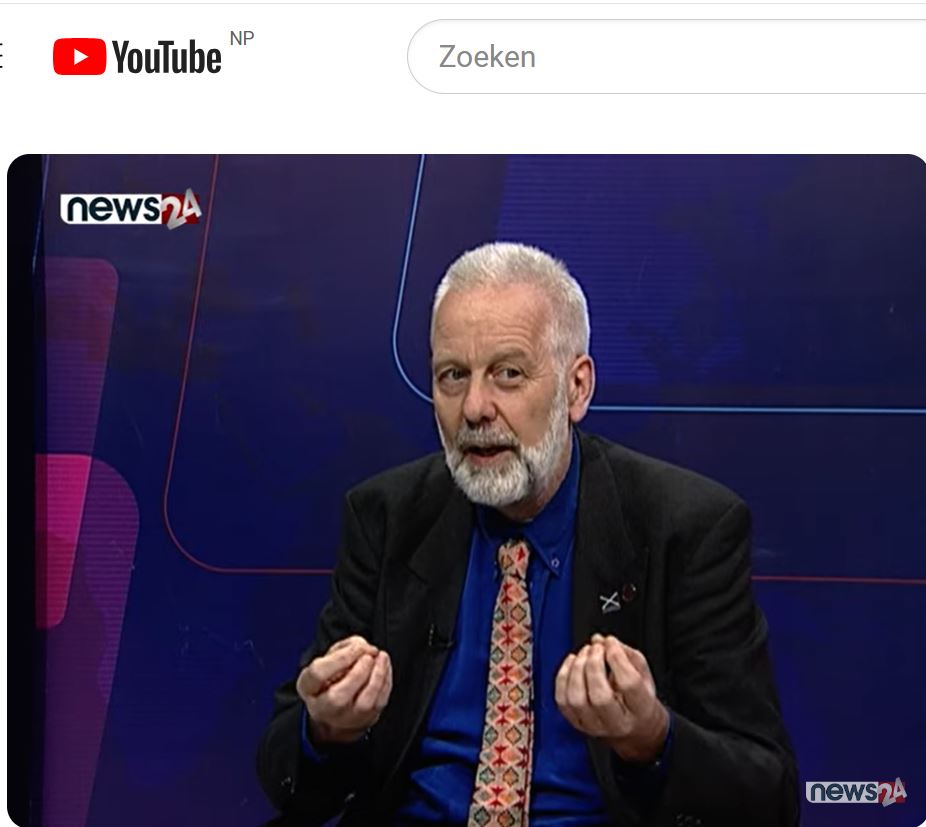
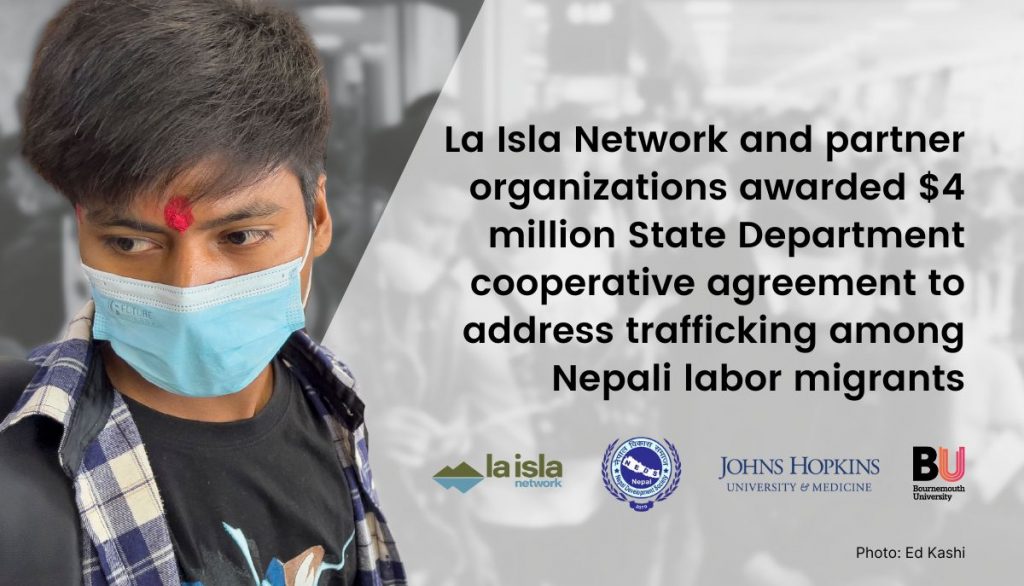
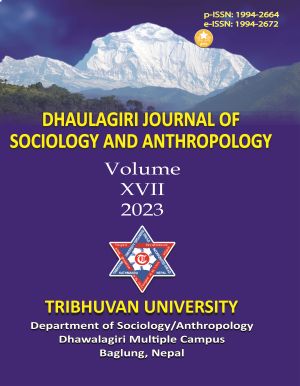
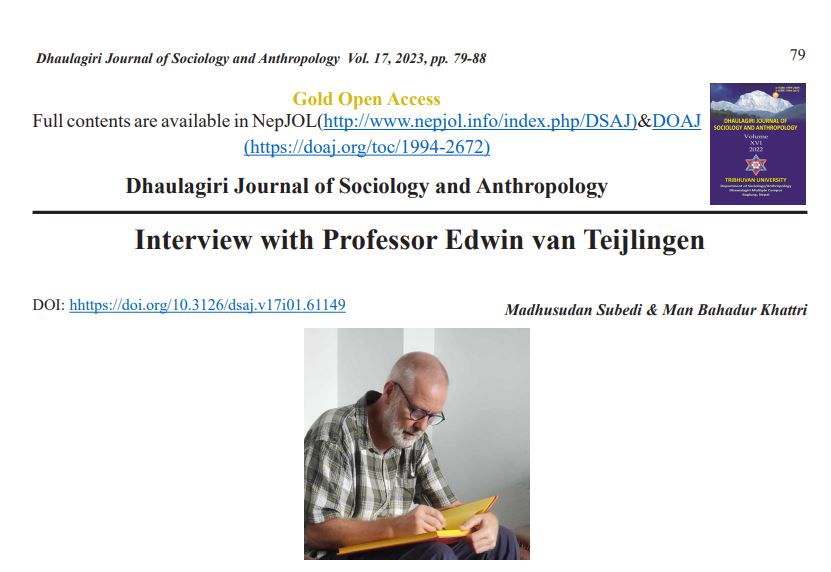
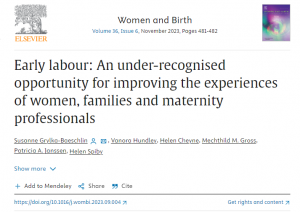
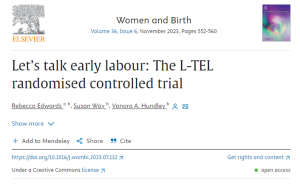
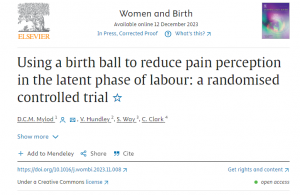
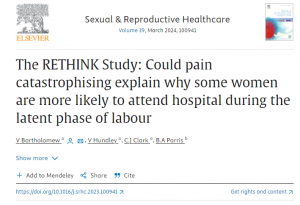 Bartholomew V, Hundley V, Clark C, Parris B (2024) The RETHINK Study: Could pain catastrophisation explain why some women are more likely to attend hospital in early labour. Sexual & Reproductive Healthcare
Bartholomew V, Hundley V, Clark C, Parris B (2024) The RETHINK Study: Could pain catastrophisation explain why some women are more likely to attend hospital in early labour. Sexual & Reproductive Healthcare 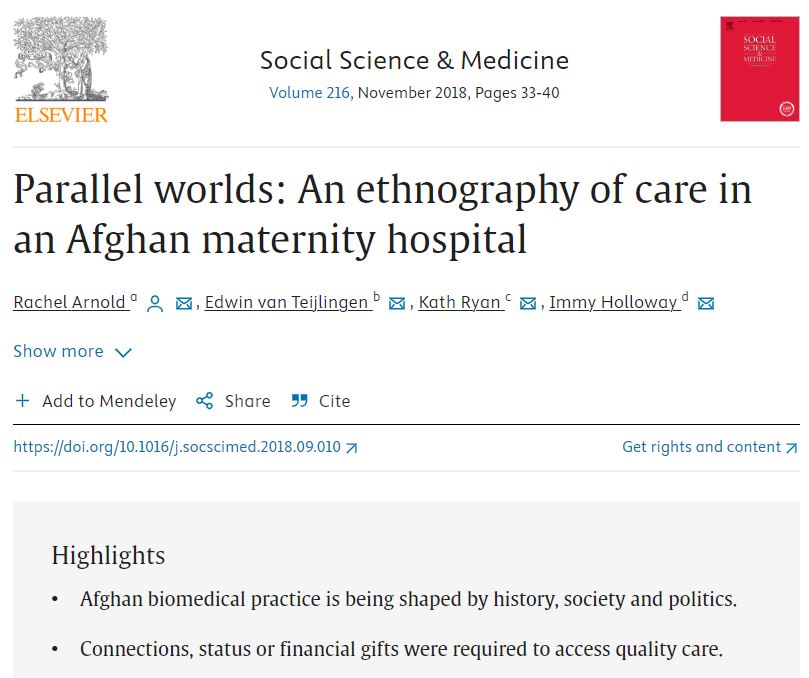
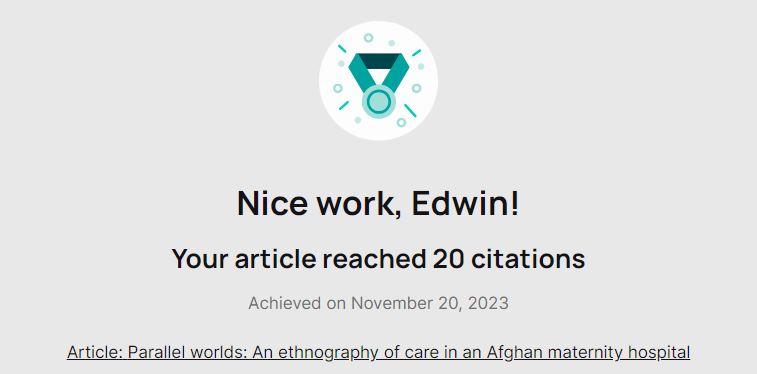




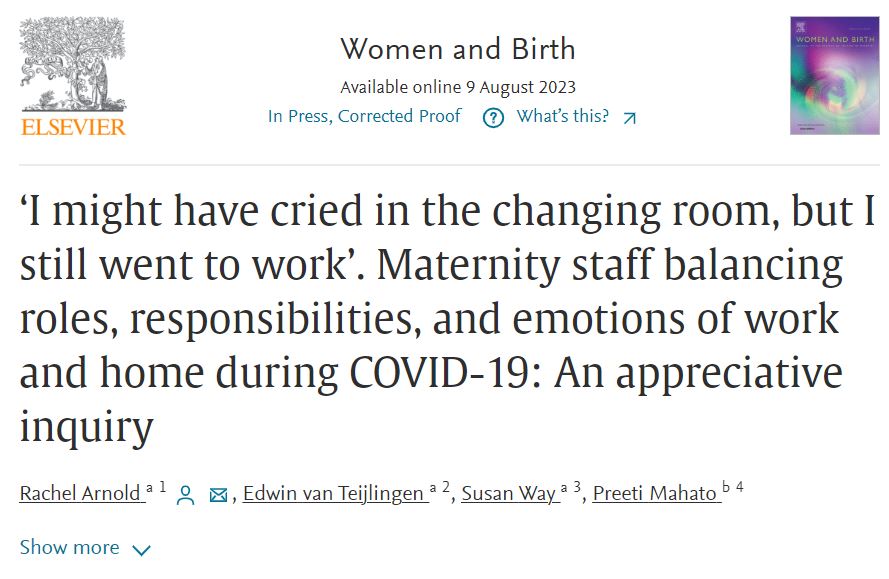



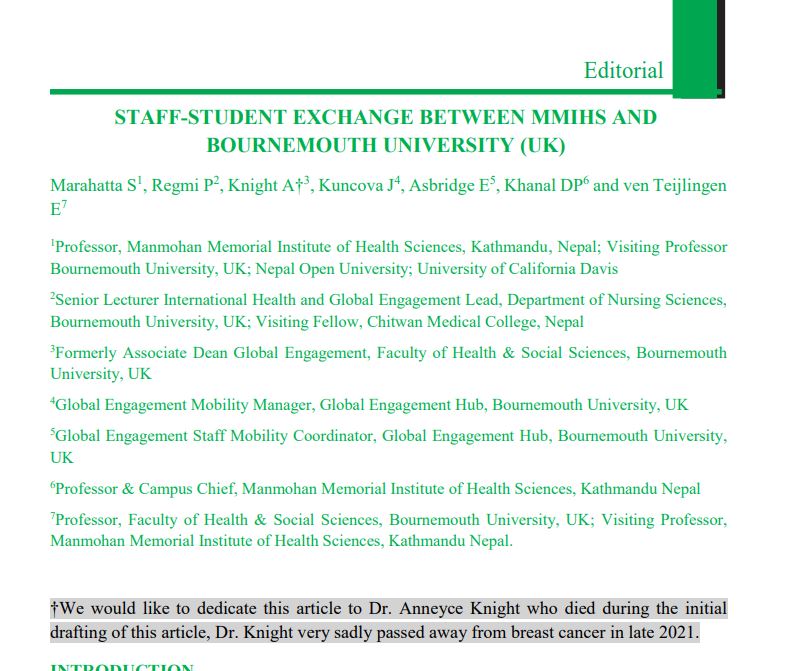

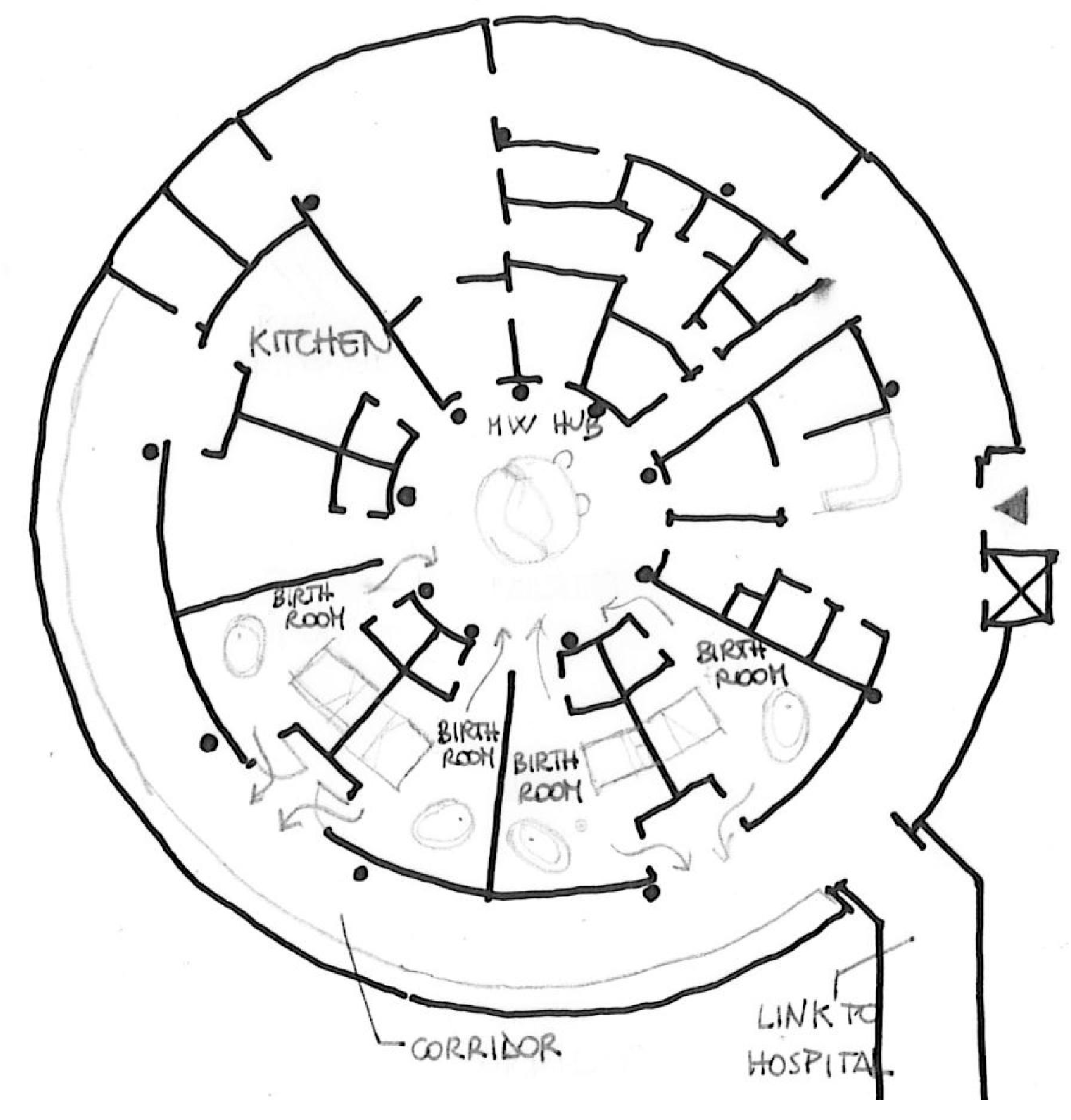











 Dr. Ashraf cited on ‘Modest Fashion’ in The Guardian
Dr. Ashraf cited on ‘Modest Fashion’ in The Guardian NIHR-funded research launches website
NIHR-funded research launches website Academics write for newspaper in Nepal
Academics write for newspaper in Nepal New paper published on disability in women & girls
New paper published on disability in women & girls MSCA Postdoctoral Fellowships 2025 Call
MSCA Postdoctoral Fellowships 2025 Call ERC Advanced Grant 2025 Webinar
ERC Advanced Grant 2025 Webinar Horizon Europe Work Programme 2025 Published
Horizon Europe Work Programme 2025 Published Horizon Europe 2025 Work Programme pre-Published
Horizon Europe 2025 Work Programme pre-Published Update on UKRO services
Update on UKRO services European research project exploring use of ‘virtual twins’ to better manage metabolic associated fatty liver disease
European research project exploring use of ‘virtual twins’ to better manage metabolic associated fatty liver disease